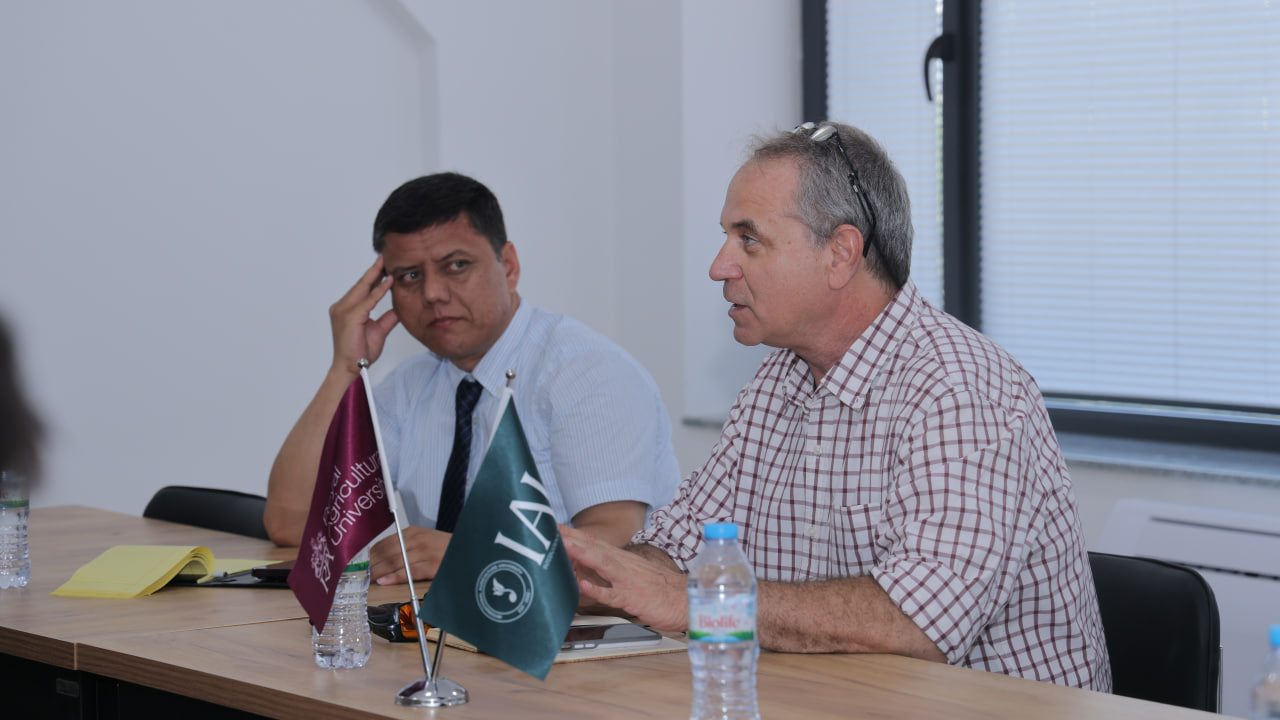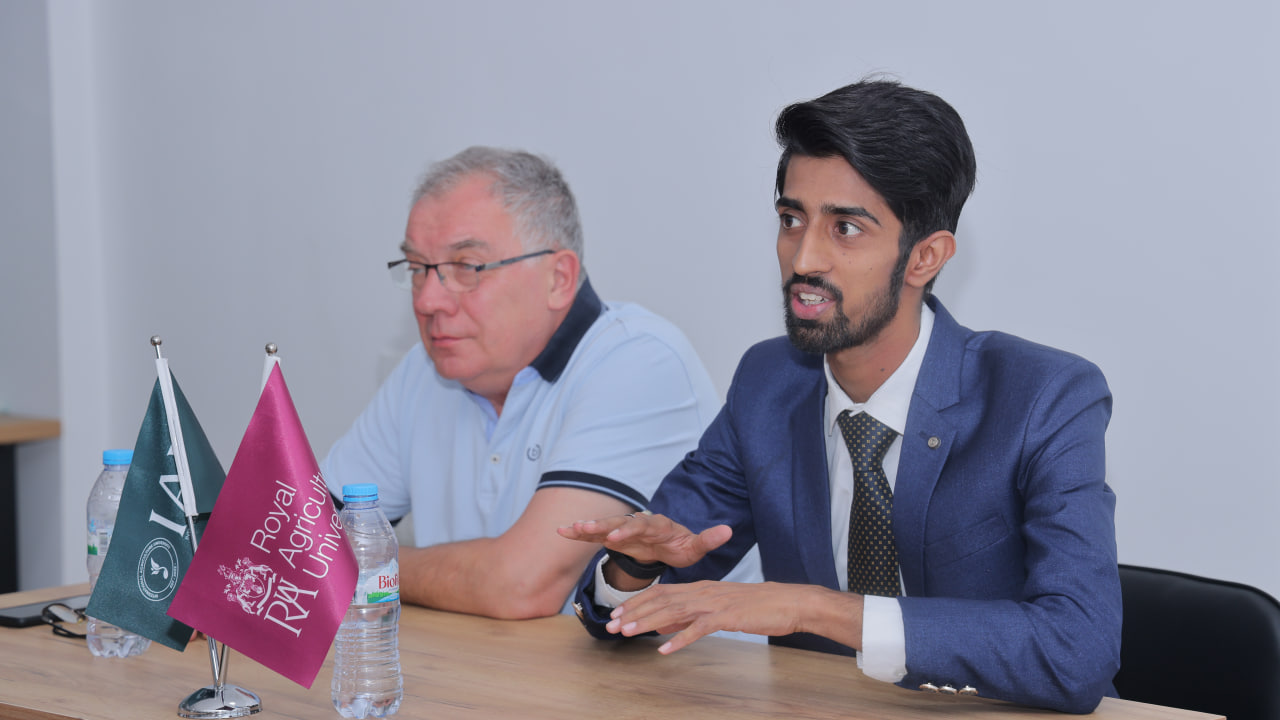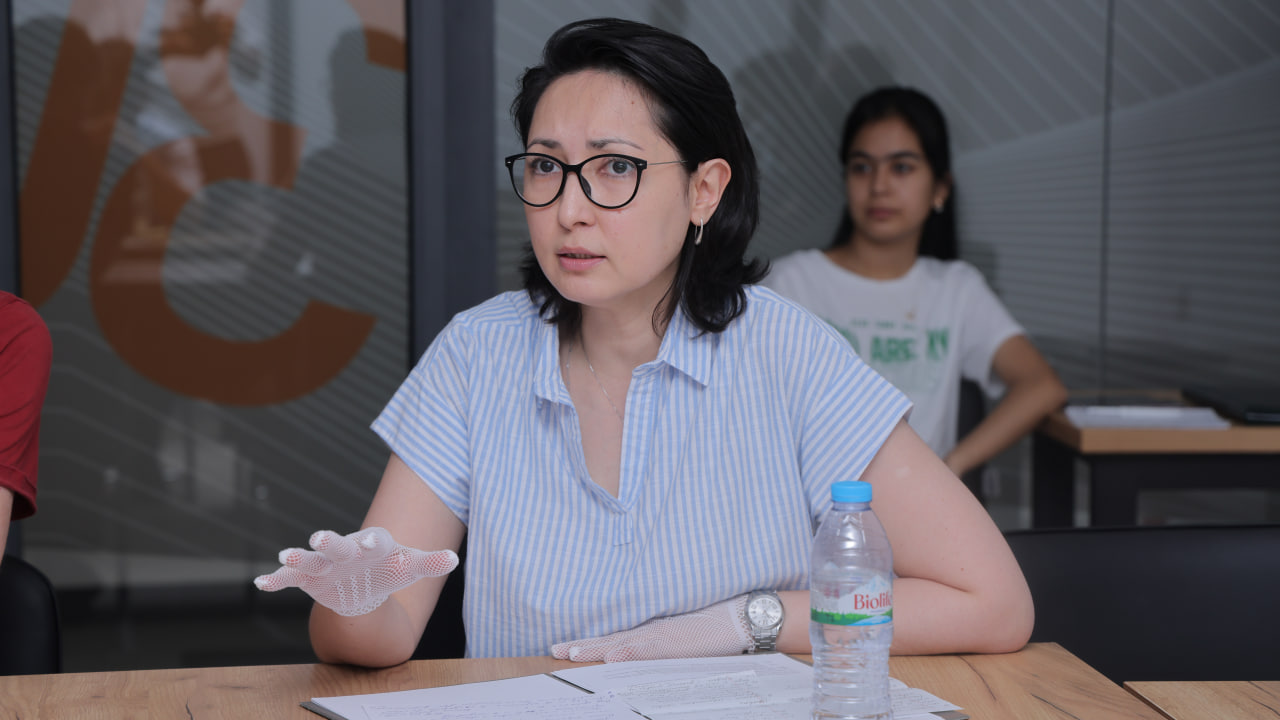Exploring Israeli Expertise In Water Management And Agriculture: A Path To Collaboration

In a recent meeting between Noam Weisbrod, Director (Dean) of The Jacob Blaustein Institutes for Desert Research, and representatives from the International Agriculture University, the stage was set for potential collaboration between the two institutions. The conversation focused on areas such as water management, agriculture, and the possibilities of joint projects between Israel and Uzbekistan.
The Desert Research Institute, where Noam Weisbrod is based, is located in the heart of the Israeli Negev Desert. While Israel may be geographically small, its achievements in water management and sustainable agriculture are internationally recognized. Despite its desert environment, Israel has managed to cultivate a thriving agricultural sector through innovative practices and resourceful solutions.
During the discussion, Weisbrod highlighted the significance of water conservation and its direct impact on agriculture. Water scarcity is a pressing issue worldwide, and Israel’s success in managing limited water resources holds valuable lessons for other countries, including Uzbekistan. Israel’s expertise in water recycling and wastewater treatment has enabled the reuse of almost 70% of domestic wastewater for agricultural purposes. This groundbreaking approach has revolutionized irrigation practices and increased crop yields, ensuring food security even in arid regions.

The Desert Research Institute engages in a wide range of research projects related to water quality, agricultural biotechnology, solar energy, and ecosystem dynamics. These multi-disciplinary initiatives bring together experts from different fields, fostering innovative solutions to issues such as climate change, water scarcity, and food security.
The International Agriculture University, based in Uzbekistan, highlighted its mission to become a leader in sustainability, climate change, digitalization, and disaster-resilient agri-food industries. The university’s recent symposiums and conferences have focused on issues such as food security and sustainable development, aligning with the topics discussed during the meeting.

The potential collaboration between the Desert Research Institute and the International Agriculture University holds significant promise. The exchange of knowledge, joint research projects, and student exchanges could enhance water management practices, improve agricultural techniques, and foster sustainable development in Uzbekistan. Both institutions recognize the importance of nurturing the next generation of scholars and professionals who will play a critical role in addressing global challenges.
While time constraints limited the depth of the discussion, the meeting set the foundation for future collaboration. The International Agriculture University expressed its interest in learning from Israel’s water management strategies and agricultural successes. The universities will explore avenues for joint projects, knowledge sharing, and mutual cooperation.
The meeting concluded with a sense of optimism and shared commitment to working together. As both institutions continue their efforts to overcome water scarcity and ensure food security, international collaboration becomes paramount. The potential collaboration between the Desert Research Institute and the International Agriculture University stands as a testament to the power of global partnerships in addressing pressing challenges and creating a sustainable future for all.
